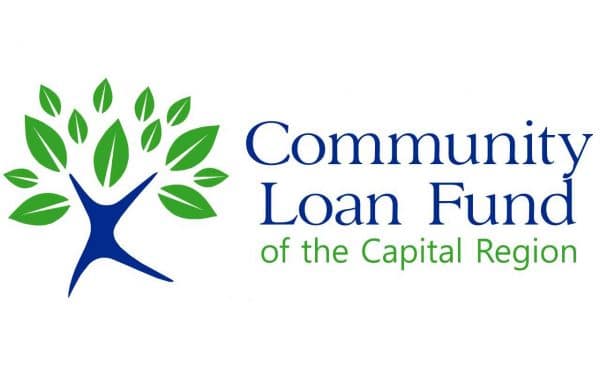SCHENECTADY, N.Y. – The City of Schenectady and the Community Loan Fund of the Capital Region announced a Small Business Assistance Program to award $250,000 in grants and technical assistance to local small businesses impacted by the COVID-19 pandemic. The program will offer small business grants up to $10,000 to help businesses adapt to the challenges of pandemic.
“The COVID-19 pandemic and subsequent economic shutdown has devastated communities across the country,” Mayor Gary McCarthy said. “This program is designed to support local small businesses impacted by the pandemic. I would like to thank the Community Loan Fund and our dedicated staff for their efforts to coordinate this critical relief funding.”
Eligible small businesses can apply to receive up to $10,000 in grant funding. Applications are available online through the City’s website at www.cityofschenectady.com/smallbusinessgrants. Hard copies are also available at Schenectady City Hall.
The U.S. Department of Housing and Urban Development (HUD) provided the City of Schenectady with Community Development Block Grant (CDBG-CV) stimulus funding under the Coronavirus Aid, Relief, and Economic Security Act (CARES Act) to prevent, prepare, and respond to the impact of the COVID-19 pandemic.
The Community Loan Fund of the Capital Region will administer $250,000 in CDBG-CV funds to award small business grants and provide technical assistance training, workshops, virtual seminars, financial and soft skill development to local businesses. Applications will be reviewed on a rolling basis for maximum flexibility.
“This is Small Business Week and it is fitting that during Small Business Week the Community Loan Fund has been chosen to administer this crucial CDBG funding,” said Councilmember Karen Zalewski-Wildzunas, City Development and Planning Committee Chair. “The Community Loan Fund has been established for 35 years, helping small business throughout the Capital Region.”
The program will also prioritize businesses owned by people of color, immigrants, and women, which have weaker access to banking systems and financial support, and also businesses that have not received support from federal programs such as the Small Business Administration’s Economic Injury Disaster Loan or the Paycheck Protection Program.
“This pandemic has created a crisis for minority and women-owned businesses in our region,” said Linda MacFarlane, Executive Director of the Community Loan Fund of the Capital Region. “Studies show minority and women entrepreneurs have a harder time accessing capital, and as a result, they have to operate on extremely narrow margins. This grant program offers a lifeline for these businesses. The grants will help ensure more businesses remain open, serving their customers and employing local residents.”
Throughout the summer, the City of Schenectady’s Department of Development and Affirmative Action Office distributed surveys and met with local businesses to gather input on the immediate needs of small businesses impacted by COVID-19. Based on their survey results and discussions with local businesses, it was determined that grants and technical assistance training was needed to assist small businesses with economic recovery during the pandemic.
For additional information on the program or questions related to the application process, businesses may contact Sylvia Jimison, Department of Development, by email at sjimison@schenectadyny.gov or by phone at (518) 382-5199 ext. 5388.
About the Community Loan Fund of the Capital Region: The Community Loan Fund of the Capital Region is a non-profit community development financial institution serving the Capital Region of New York State — Albany, Columbia, Fulton, Greene, Montgomery, Rensselaer, Saratoga, Schenectady, Schoharie, Warren and Washington Counties. Incorporated in 1985, its mission is to promote sustainable community development efforts for economically underserved people and communities with a focus on women, minorities, and people of low-income.
